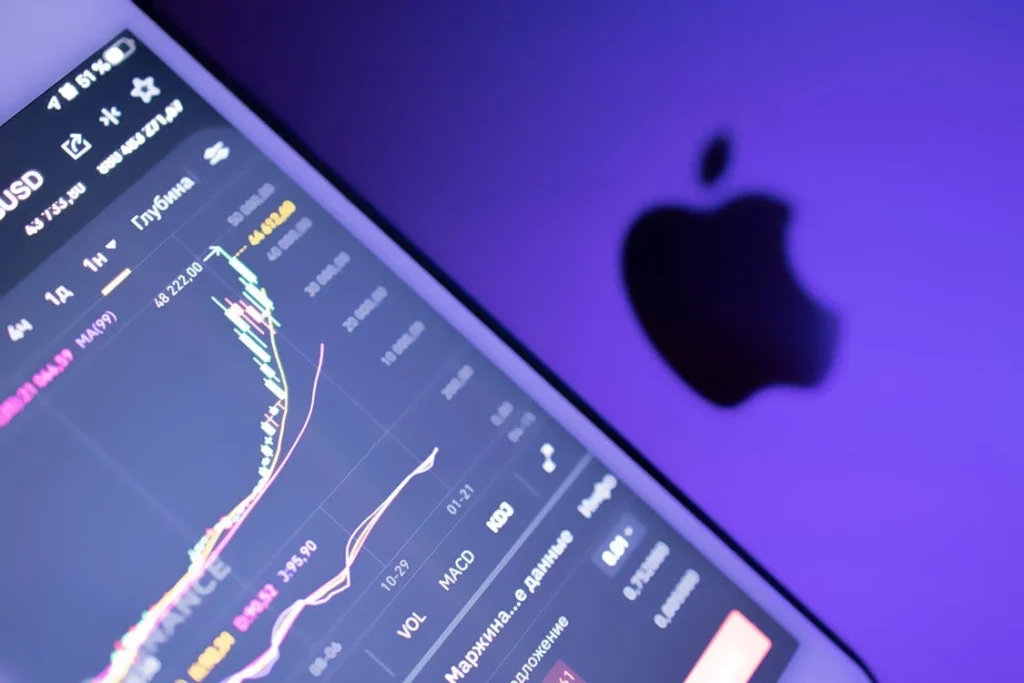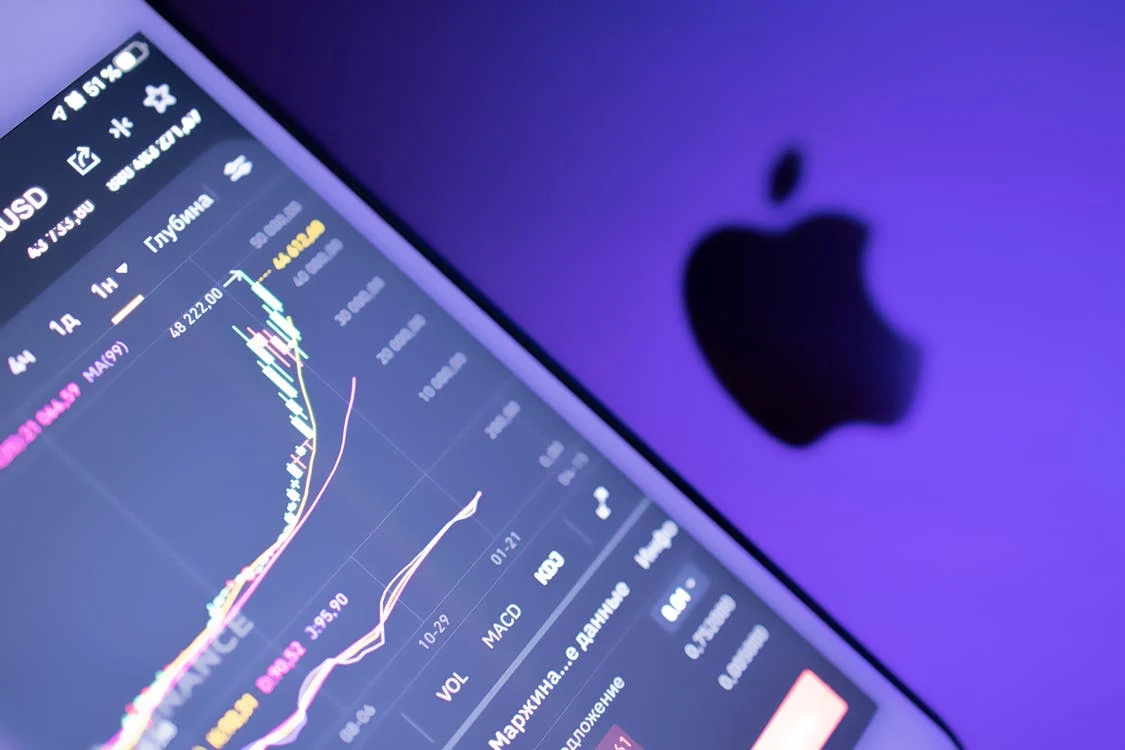Understanding How Geopolitical Events Influence Currency Movements
Geopolitical events have a profound effect on the global financial markets, and Forex is no exception. Political instability, military conflicts, trade wars, and changes in international relations can all cause fluctuations in currency values. This article explores how traders can navigate the uncertainty created by these events and the strategies to mitigate risk.

1. What Are Geopolitical Events?
Geopolitical events refer to situations or actions that affect a country or region’s political and economic environment. These events can range from elections, wars, and sanctions to changes in trade policies. Their direct influence on a nation’s economy often causes ripple effects in the Forex market.
2. How Do Geopolitical Events Impact Currency Pairs?
Currency pairs react to geopolitical events because of the underlying economic shifts these events can trigger. For example:
- Political Instability: Countries experiencing political turmoil often see their currencies lose value due to investor fear of economic decline.
- Trade Wars: The imposition of tariffs or sanctions can increase the cost of goods and services, causing currency depreciation.
- Military Conflicts: Wars or military conflicts typically lead to a flight to safety, where investors flock to stable currencies like the USD or CHF, devaluing the currencies of countries involved.
- Global Economic Sanctions: Sanctions can limit a country’s ability to trade, thereby affecting its currency value.
3. Real-World Examples of Geopolitical Events Affecting Forex
- Brexit: The UK’s decision to leave the European Union led to significant volatility in GBP/USD, with the pound plummeting to multi-decade lows.
- US-China Trade War: The trade tensions between the United States and China in 2018-2019 caused the Chinese Yuan (CNY) to fluctuate wildly against other major currencies.
- Middle East Conflicts: Tensions in the Middle East, especially in oil-rich countries like Saudi Arabia and Iraq, can affect oil prices and, consequently, currencies like the Canadian Dollar (CAD) and the Russian Ruble (RUB).
- US Federal Reserve Policy: Changes in the US Federal Reserve’s interest rate policy can impact the US Dollar (USD) and cause fluctuations in other currencies, especially emerging market currencies.
4. How Can Forex Traders Prepare for Geopolitical Risk?
- Stay Updated on Global News: Being aware of potential geopolitical events gives traders a head start in understanding market movements. Utilize news feeds and economic calendars to track upcoming events.
- Risk Management: Implement risk management techniques such as stop-loss orders to limit potential losses during periods of high volatility.
- Use Hedging Strategies: Traders can hedge their positions using options and futures contracts to reduce exposure to sudden market shifts caused by geopolitical crises.
- Diversify Currency Pairs: Avoid concentrating all trades in a single currency pair, especially one that may be heavily affected by geopolitical events.
5. Predicting Geopolitical Events’ Impact on Forex
While it’s impossible to predict geopolitical events with 100% accuracy, traders can use certain strategies to gauge the potential impact. Analyzing historical data on how currencies responded to similar events, understanding the economic ramifications of an event, and observing investor sentiment can provide valuable insights into future market movements.
6. The Role of Central Banks and Governments During Geopolitical Crises
Central banks and governments often intervene to stabilize markets during periods of geopolitical unrest. For example, the European Central Bank (ECB) and the Bank of England (BoE) may cut interest rates to stimulate economic growth, which can influence the Euro (EUR) or the British Pound (GBP). Traders must monitor central bank policies closely as these actions can significantly affect currency prices.
Conclusion
Geopolitical events can significantly influence Forex markets, and understanding how these events impact currency pairs is essential for traders. While predicting the exact outcome is difficult, staying informed, using risk management strategies, and diversifying your portfolio can help navigate the uncertainty created by these events. By preparing for the potential fallout of geopolitical crises, traders can safeguard their investments and make informed decisions in a volatile market.

